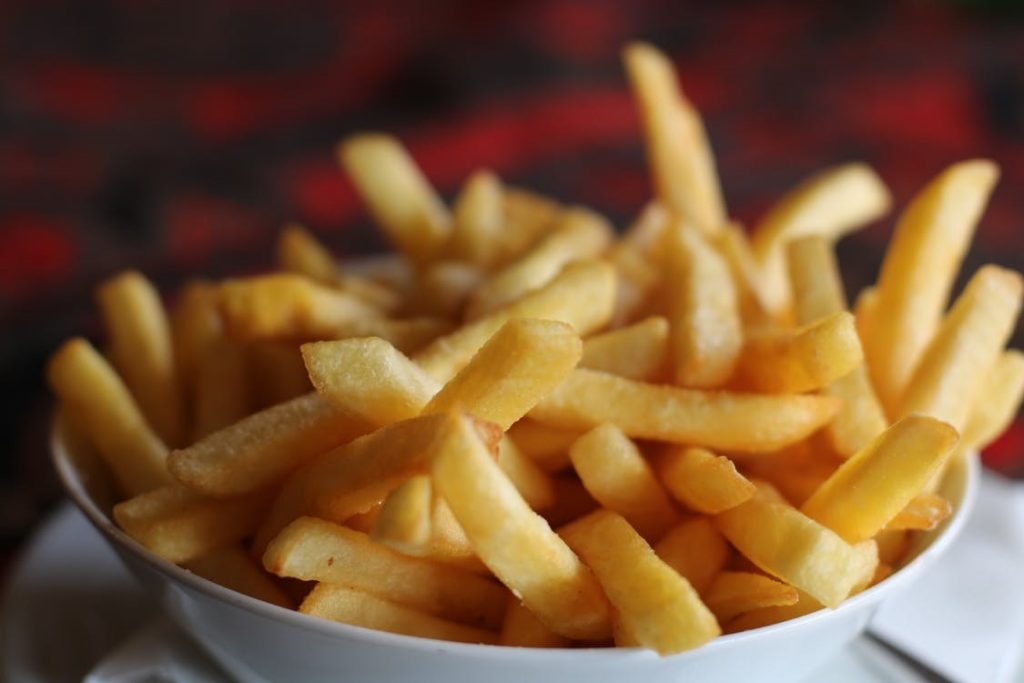Most of us get carried away and overindulge in our favorite foods and beverages. But moderation is the key to a good diet and a healthy body and mind.
If you’re looking for ways to shed those pounds and stabilize your cholesterol levels, this blog is the perfect guide for you. Let’s discuss the criteria of your diet plan you and your online doctor should be able to set.
Good and Bad Cholesterol
Your body requires cholesterol but in very minute amounts. Saturated fats are bad for you since they raise LDL cholesterol levels. If you have an unhealthy LDL level, plaque can build up in your arteries and lead to various heart diseases. On the other hand, good cholesterol or HDL helps clear the buildup of plaque from the bloodstream and lowers your risk of heart disease.
Eat More Fresh Produce
To shed those extra pounds and have more good cholesterol, eat more fruits and vegetables with your meals. Fruits and vegetables are especially helpful to lower your LDL levels while being a source of antioxidants and sufficient fiber.
This also leaves less room for your stomach to load up on fatty foods and keep you feeling full.
Fish and Omega-3s
Fish is a great source of protein, as well as Omega-3 fatty acids. These Omega-3s are the good type of fat that your body requires for essential functions.
Fatty fish like tuna, salmon, and trout are a great choice. You can either bake, broil, roast, or grill the fish to consume a healthy and tasty meal.
File Name: Servings-of-salad
Alt-Text: Three servings of salad with protein, carbs, and produce
Whole Grains, fiber, and Crabs
Oatmeal for breakfast is the healthiest choice you can make. The fiber helps keep your LDL cholesterol in check. And if you fill up on oatmeal, it leaves less room to overeat at lunch. Also, you can mix up your routine with your whole-grain foods like quinoa at dinner and lunch. Popcorn, barley, brown rice, and wild rice are a few healthy whole grain options.
Unsaturated fat
You do need some fat but not as much as you think. Moreover, the type of fat you consume also matters. Unsaturated fats in canola, safflower and olive oil lower your LDL and even raise your HDL cholesterol. On the other hand, foods with saturated fats like butter, red meat, and full-fat dairy spike your LDL cholesterol. However, good fat doesn’t mean fewer calories, so use it in moderation.
Get help from GetCareMD for an online high cholesterol consultation to keep track of your diet. Our online doctors specialize in helping our patients make healthier choices and live active lives.
Contact us today or visit our website to know more.

